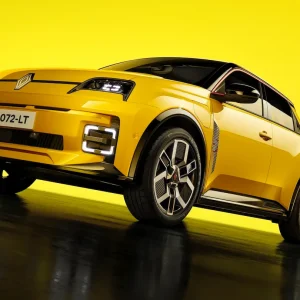I went to an ACFO meeting last week and as usual I found out some fleet information that I had not previously known. I was introduced to a new bit of EU legislation which concentrates on tyres.
This will make it mandatory from 2012 for new cars to be fitted with a Tyre Pressure Monitoring Systems (TPMS). I won’t bore you with a lecture on the technology but suffice it to say these systems warn the driver if there is a loss in pressure, either over time, or when there is a puncture or a blow out.
The idea of the legislation is to increase safety, after all tyres are the only part of your vehicle that makes contact with the surface you are driving on. In addition the environmental benefits will also be dramatic because if you are driving round with under or over inflated tyres it significantly increases rolling resistance and affects your fuel consumption.
Anything that increases safety and potentially reduces the number of accidents is great news but I think we also need something else because this technology still doesn’t stop people driving with illegal tyres. Someone at the meeting commented that company cars would be a whole lot safer if they didn’t have drivers.
Whilst I think we may be some way away from having drivers replaced by technology they did have a point. This is because I then went on to hear a whole catalogue of tales from fleet managers who had come across drivers running around on slicks as well as tyres that were worn through to the canvas.
As it was made clear at the meeting it didn’t seem to matter how many times drivers were instructed to check their tyre tread depths some will still ignore you. Perhaps its time for someone to invent a piece of technology that tells drivers when their tyres reach the legal limit because it’s not just their lives that are at risk.
I think I will spend the weekend in the shed, inventing!





